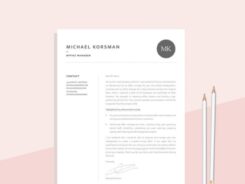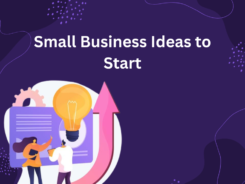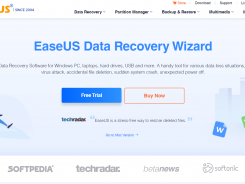Something has to start somewhere. Startups can be relatively easy to start, with access to technology and knowledge, including lessons learned from failed ventures.
Whether you have recently launched a startup or gearing up for a launch, consider these tips that focus on people and product as two of the most critical components of your business.
On People You Work With
Get the Best People on Board
Build a team that can work together and collaborate. Find people who are good at what they do, and let them do their job. Of course, pay them well and accordingly.
Hiring the pros is an investment toward your startup. They possess the skills and experience necessary to get things done efficiently. They can also take over some of your tasks, which frees up your time for networking and other CEO things.
Hire Fairly
Recruitment is hardly straightforward, and you’ll need help from recruiters or HR professionals in hiring people who are a good fit for the organization.
Background checks can be part of a robust recruitment process. But be aware of employment laws and regulations in your area or country to ensure fair hiring and avoid legal troubles.
In Canada, you need the consent of the person concerned to check into their criminal history or past convictions. After getting the necessary consent and information for the check, all you need to do is tap a specialist like Instant Record Check to obtain a verified criminal record report from the Royal Canadian Mounted Police.
Beat Burnout
Burnout can still occur in startup companies despite the less formal work environment. Founder burnout is one, and it arises from the demands of work, long hours, and uncertainties like those brought by the pandemic. This issue could make one feel disillusioned, frustrated, or be done.
Recognize that you need a break and actually take leave. Also, consider naming a second-in-command to oversee the company while you’re away.
Don’t forget your team members who may be overwhelmed by the lack of structure or direction. You can instill order by writing down company rules and policies.
Find a Mentor
As these people can confirm, getting a mentor can benefit your growth or your company’s long-term prospects. You can turn to this person, who has knowledge and experience in startups, for guidance and support.
Some mistakes are costly but avoidable with the help of someone who has been there. But don’t expect your mentor to give you instant answers; their role is more on guiding you to arrive at them.
After all, a mentor-mentee relationship is built on mutual benefits and clear expectations.

Photo by Mika Baumeister from Unsplash
On Product Development
Work with a Vision
Any startup founder learns to speak the language and starts with a vision. This vision spells out what your company intends to do and why.
Vision is also necessary for innovation, which is the anchor of most, if not all, startups. With a clear focus, you can plan and strategize to realize your grand goal.
Also, it’s not unusual to revisit, revise, or refine a vision to adapt to the times.
Ask Real People
There are many approaches to product development, and one you can try is crowdsourcing. Note that this tip could work for those still figuring out what product or service they intend to offer.
Ask your followers or mutuals about that nagging problem that they wish to resolve. Also, get the opinion of your friends, neighbors, or coworkers. Asking people you know in real life might produce better results because they can elaborate or work with you to develop the product’s features.
There must surely be a new way of addressing an existing problem but still hinged on reality, and that’s your assignment.
Create a Demand
No one said anything about needing multiple streaming platforms or those featured on lists titled “things you thought you didn’t need until now.” To be fair, these products offer solutions to pain points that may have been overlooked.
Your product can be that new, revolutionary thing in the market. But people can’t buy something they did not know existed, so put the word out through marketing and promotional activities.
Also, introduce your product with a powerful message that encourages anyone to buy it because they need it.
Complete the Package
Packaging is an essential part of product development and marketing. The look, cost, and material of the packaging contribute to the product’s actual and perceived value.
This outer covering protects the product and creates the first impression on the brand. If you are selling your products online, you have to make sure the packaging adds to the customer’s satisfaction.
Take time to perfect your product boxes, and design custom boxes and packaging for your business.
Expect the Unexpected
Your startup journey can be full of challenges compelling you to pivot or stay on course. It can take years for your venture to be profitable. Amidst all the unknowns, one thing is clear: prepare for the unexpected.
















































































